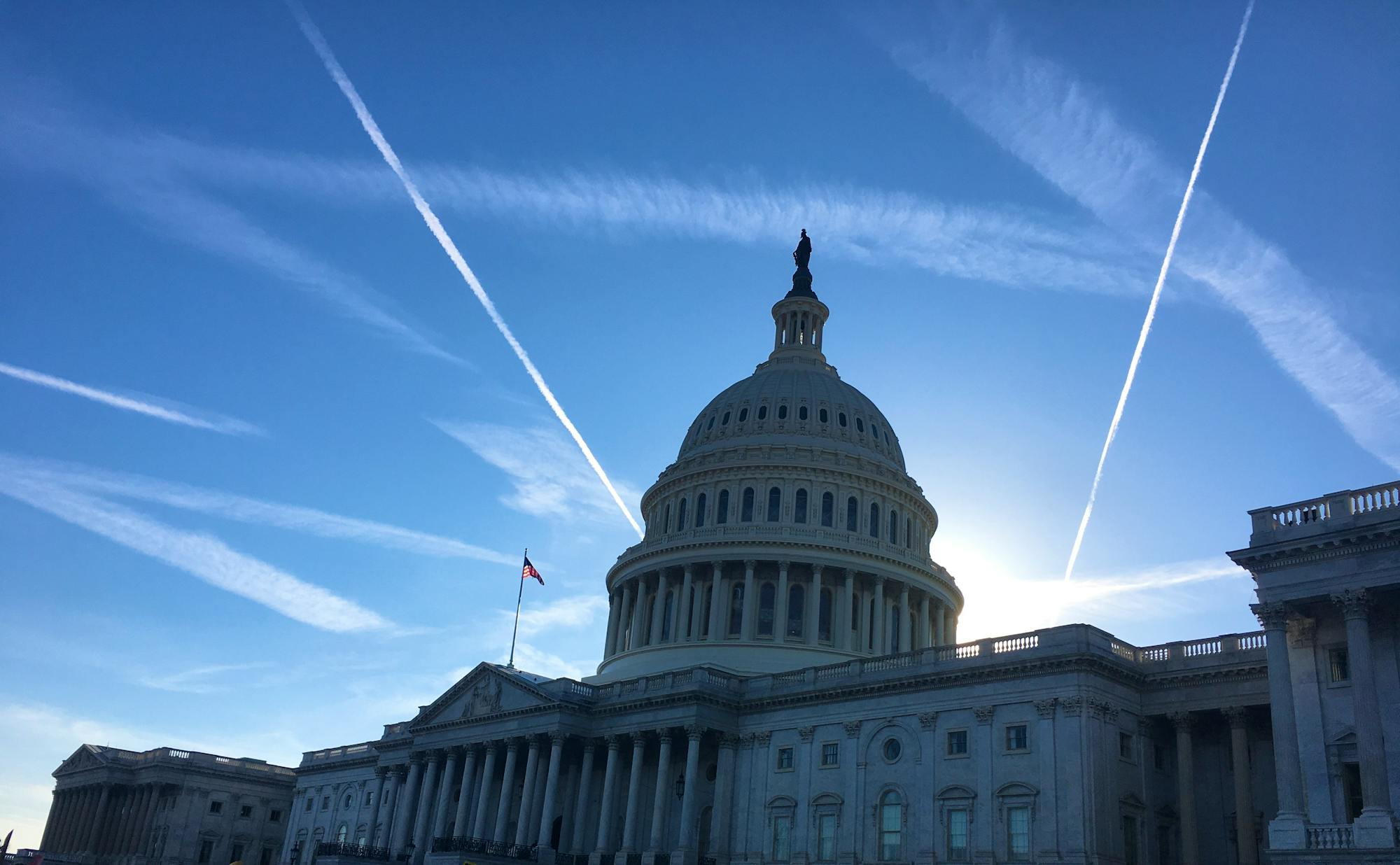The Senate passed the Agriculture Improvement Act (Farm Bill) today (y-n). In addition to addressing traditional agricultural and food policy, the Farm Bill has major implications for wildlife and our environment.
Former Defenders of Wildlife President and CEO, Jamie Rappaport Clark, issued the following statement:
“We are grateful that the Senate today passed a bipartisan Farm Bill that, in important respects, provides a solid foundation for conserving wildlife. Moreover, the Senate’s bill, unlike the extreme and damaging House version, does not cut conservation funding, eliminate any conservation programs, or include the House’s extreme anti-environmental riders, like the ‘Poisoned Pollinator Provision’, or its radical forestry provisions.
“As the Farm Bill proceeds we urge the House to strengthen the Senate Farm Bill and we urge the Senate to continue to stand strong to ensure that any of the anti-environmental riders in the partisan House Farm Bill never become law.”
For over 75 years, Defenders of Wildlife has remained dedicated to protecting all native animals and plants in their natural communities. With a nationwide network of nearly 2.1 million members and supporters, Defenders of Wildlife is a leading advocate for innovative solutions to safeguard our wildlife for generations to come. To learn more, please visit https://defenders.org/newsroom or follow us on X @Defenders.
Media Contact
News

Study Led by Defenders of Wildlife Scientist Shows Noise Pollution Impacts on Migratory Birds

